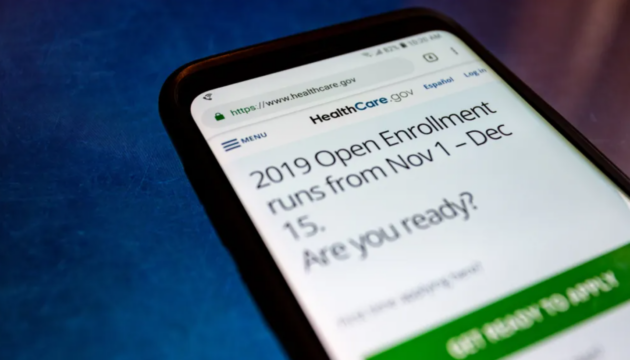Healthcare Reform
Our work in Healthcare Reform
-
How COVID Can Help Us Refocus on the How and Why of Value Assessment
The limitations of conventional approaches to value assessment are particularly clear when reflecting on our experience with the COVID-19 pandemic.
Categorized in -
Economic Incentives for Administrative Simplification
In the US health care system, payers, health systems, physicians, other clinicians, drug companies, pharmacies, and pharmacy benefit managers all earn more revenue because of administrative complexity.
Categorized in -
Patient and Physician Perspectives On Engaging in Palliative and Healthcare Trials: A Qualitative Descriptive Study
Researchers are encountering increasing challenges in recruiting participants for palliative and healthcare research. This paper aims to understand challenges to and methods for engaging physicians and seriously ill patients and their caregivers in research studies.
Categorized in -
Private Equity Investment as a Divining Rod for Market Failure: Policy Responses to Harmful Physician Practice Acquisitions
It is unclear whether private equity investment is itself a problem or whether, in the absence of private equity, other sources of capital—such as public equity, venture capital, health systems, and insurers—would similarly exploit existing market failures and legal loopholes in the healthcare system.
Categorized in -
Medical Device Regulation and Reimbursement: What the Pandemic Revealed
Join Schaeffer Center for a discussion on the challenges and opportunities facing the FDA and CMS in an age of breakthrough medical devices.
-
Medicare Coverage of Innovative Technologies: The U.S. Should do More to Speed Entry of Breakthrough Devices to Market
Equally pressing to FDA approval is the need to secure coverage from Medicare and Medicaid.
Categorized in -
Federal Government Should Advise on Drug Negotiations, Not Run Them
Schaeffer Center experts Karen Mulligan and Darius Lakdawalla argue that the Department of Health and Human Services should help advice drug price negotiations instead of running them.
Categorized in -
Changes in Emergency Physician Service Prices After Connecticut’s 2016 Surprise Billing Law
On January 1, 2022, the No Surprises Act will take effect. This study aims to fill that knowledge gap by presenting preliminary evidence about the effects of Connecticut’s 2016 surprise billing law on the emergency physician services market.
Categorized in -
Setting the Stage for the Next 10 Years of Health Care Payment Innovation
Nonresident Senior Fellow Bob Kocher describes four health policy strategies that could unlock large improvements in healthcare cost and quantity.
Categorized in -
Comments On a CMS Proposal to Allow Year-Round Marketplace Enrollment for Low-Income People
Schaeffer Initiative expert Matthew Fiedler provided comments to the Centers for Medicare and Medicaid Services on proposed rule that would permit people with incomes below 150% of the federal poverty level (FPL) to enroll in coverage through the Health Insurance Marketplaces established by the Affordable Care Act at any time during the year, rather than solely during the annual open enrollment period.
Categorized in









